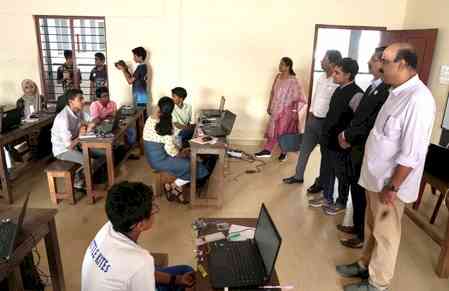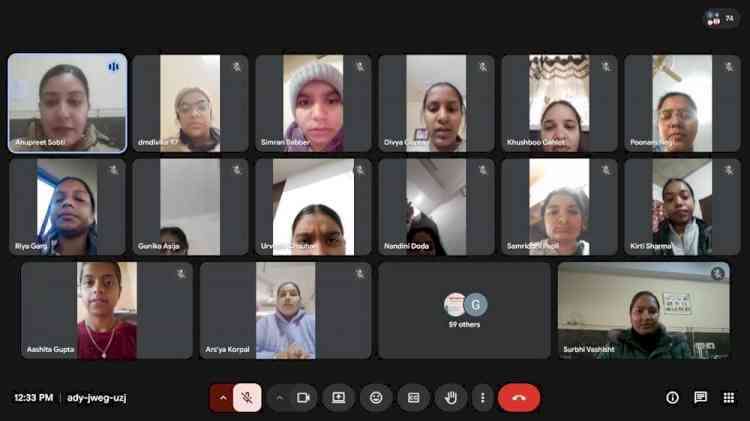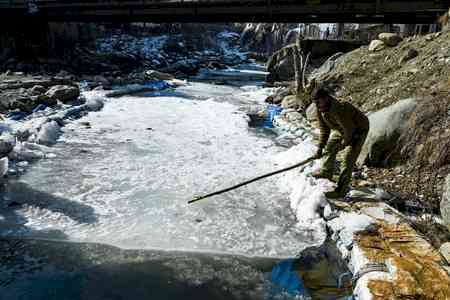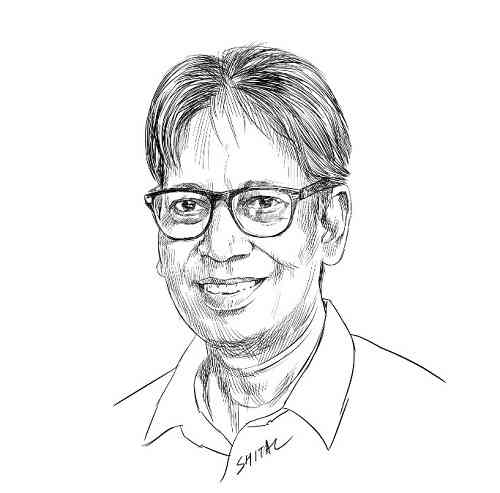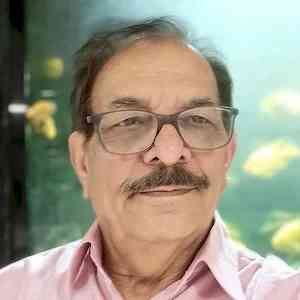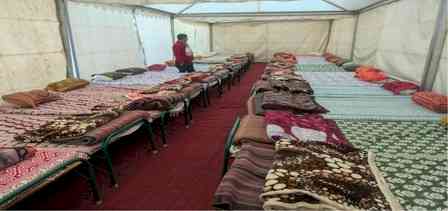Session on “Acid Attack Survivors Meet: Reintegration, Legal Rights, and Challenges”
The Centre for Human Rights and Duties, Panjab University, Chandigarh, in collaboration with Brave Souls Foundation (BSF), organised a session on “Acid Attack Survivors Meet: Reintegration, Legal Rights, and Challenges”.
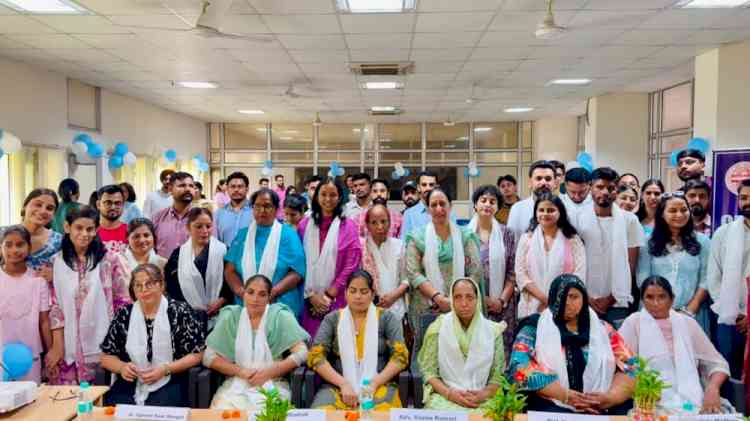
Chandigarh, August 29, 2025: The Centre for Human Rights and Duties, Panjab University, Chandigarh, in collaboration with Brave Souls Foundation (BSF), organised a session on “Acid Attack Survivors Meet: Reintegration, Legal Rights, and Challenges”.
The event was aimed to address the multifaceted issues faced by acid attack survivors, focusing on their reintegration into society, legal rights and the challenges encountered by them.
The session was inaugurated by Dr. Upneet Kaur Mangat, Chairperson, Centre for Human Rights and Duties, who highlighted the role of patriarchy in perpetuating acid attacks and other crimes against women. Citing real-life cases like Radhika Yadav and Nikki Bhatti, she emphasised the prevalence of gender-based violence, societal taboos prevailing in the society and critical human rights concerns. Dr. Upneet Mangat stressed the urgent need for social transformation alongside legal action, noting that while laws exist, their effective implementation remains a challenge.
Prof. Namita Gupta, Dean of Student Welfare (W), spoke on the intersection of humanity, human rights and the portrayal of women in Indian cinema and its role in reinforcing patriarchal norms. She also addressed workplace harassment, women’s rights and rehabilitation mechanisms for survivors.
A short documentary, presented by Ms. Aiman Fayaz, Brave Souls Foundation, Delhi, showcased the personal journeys of acid attack survivors and BSF’s efforts toward their holistic rehabilitation. This was followed by heartfelt testimonies from survivors from various parts of Punjab, who shared their physical, emotional and legal struggles, as well as their resilience in overcoming these challenges.
Advocate Veena Kumari, BSF, Chandigarh, addressed the romanticisation of patriarchy in Indian cinema and elaborated on the legal battles fought on behalf of survivors. She highlighted everyday challenges, such as difficulties in renting homes and navigating societal stigma. She has also discussed existing government policies for survivors, pointing out loopholes in their implementation. Advocate Kumari emphasised the importance of community involvement to provide maximum support to survivors.
Pulkita Wadhwa, Psychologist, Panjab University, addressed mental health concerns, including trauma, depression and anxiety among survivors. She offered practical suggestions for channeling emotions and creating emotionally safe environments, particularly for children affected by such incidents. She also informed attendees about free mental health services and helplines available to survivors.
Advocate Madiah, BSF, Delhi, provided insights into BSF’s initiatives, including rehabilitation, housing (Apna Ghar) and legal support for survivors.
The session concluded with an open discussion, where participants proposed various livelihood opportunities for survivors, fostering a collaborative approach to their empowerment.
The event ended with a felicitation ceremony, honoring the resilience of the survivors. The PG students, research scholars and staff of the Centre came forward by conducting a fundraising drive to honour the survivors.


 City Air News
City Air News 
